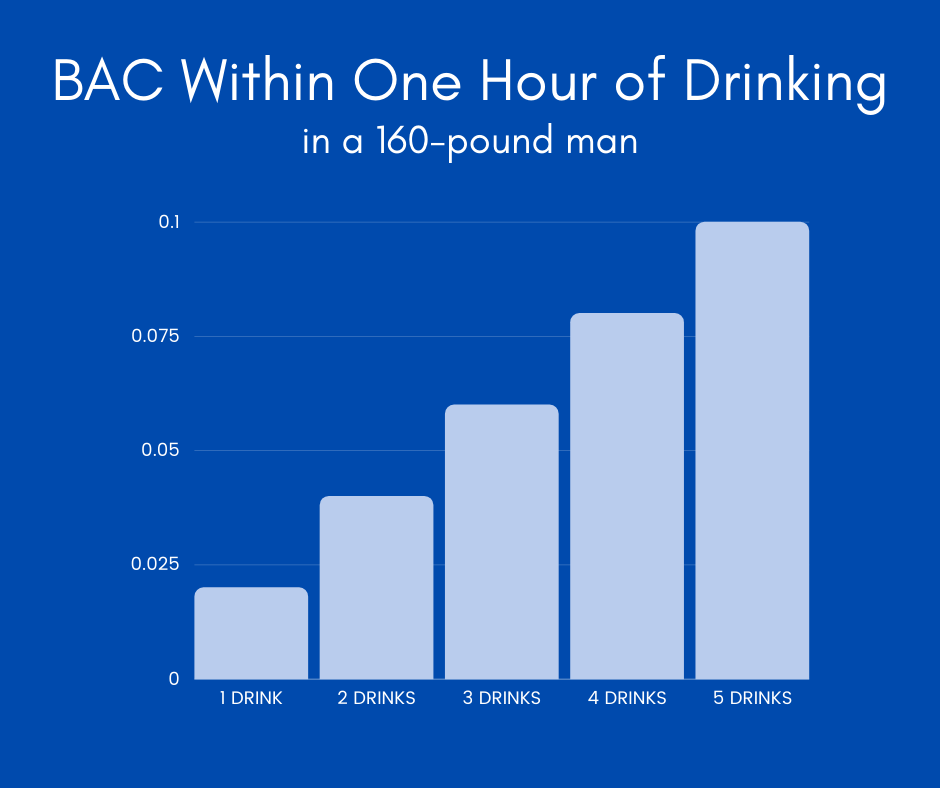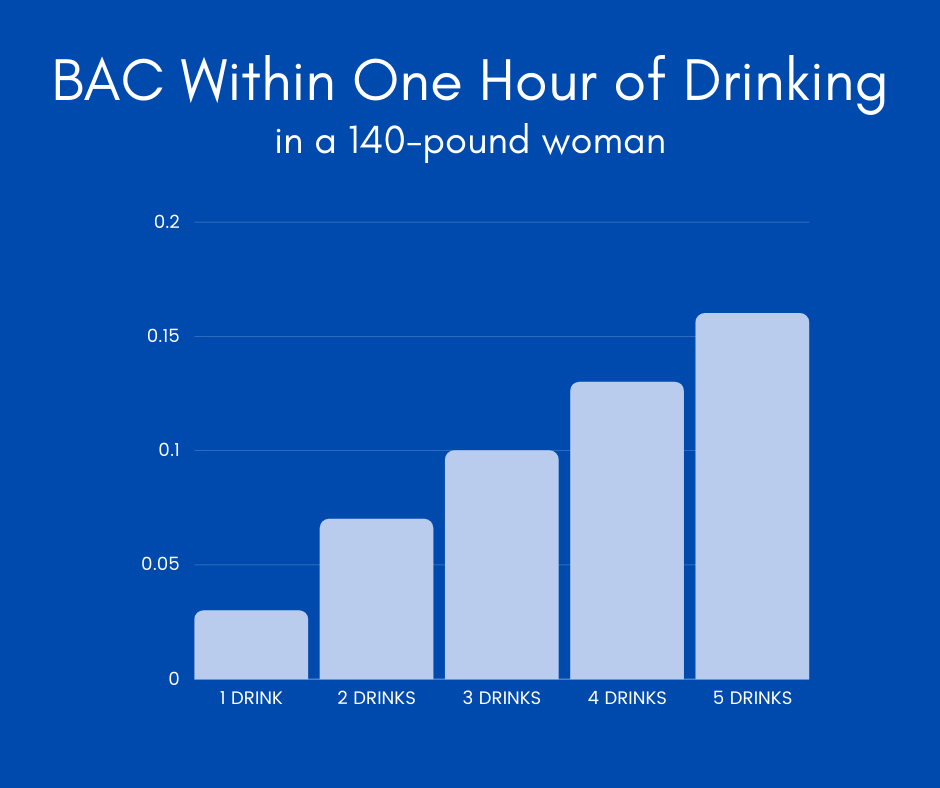
You have the right to hire a Skokie DUI lawyer if you’ve been accused of driving under the influence (commonly called DUI). And for most people, that’s the best possible option.
Do You Need a Skokie DUI Lawyer?
In the state of Illinois, drunk driving is a serious crime. It’s one that comes with extremely harsh criminal penalties – in fact, you could end up spending time in prison for driving after having a few drinks. Driving under the influence isn’t just about alcohol, though. It’s also about illegal drugs, including marijuana and meth, as well as prescription medications.
The smartest choice many people make after being charged with DUI by Skokie police or state police is to hire a local attorney. When you work with a Skokie DUI lawyer, you have somebody in your corner who can fight hard to get you the best possible outcome.
If you’ve been accused of DUI in Skokie, don’t wait. Call us right now at 847-920-4540 to get a free consultation with an experienced attorney. You can come back and read the rest of this page later – but the sooner you talk to us, the sooner you’ll have the answers (and peace of mind) you need.
A Typical DUI Arrest (and Why It Matters So Much to Your Lawyer)
Typically, a DUI arrest follows these steps:
- A police officer stops someone for probable cause or at a roadside DUI checkpoint. Your attorney will need to know about the circumstances of your stop, because these circumstances can affect the outcome of your case. For example, if a police officer didn’t have probable cause to pull you over, your attorney may be able to argue that the officer violated your rights.
- The officer observes the driver and asks for their license, registration and proof of insurance. The officer watches and listens as the person pulls out these documents – they’re looking for signs of impairment. Your attorney will want to know about this, too; if you dropped your license because you were nervous, you couldn’t hear the officer properly because of nearby traffic, or anything else, you need to tell your DUI lawyer.
- The officer can then ask the driver to perform a field sobriety test. You do not have to perform a field sobriety test if you choose not to. A field sobriety test is very likely to incriminate you; if you make a mistake, the officer could think you’re under the influence and demand that you take a breath test. Field sobriety tests often include things like standing on one leg, walking a certain number of steps and turning around, and other coordination or speaking activities. Your lawyer will need to know whether you submitted to a field sobriety test and what the officer told you to do; your attorney will also need to know how you performed and if you made any mistakes.
- If the officer has probable cause to believe the driver is impaired, they typically demand that the person takes a breath test. You do not have to consent to a breath test, but if you refuse, you will lose your driving privileges for one year. However, some people do refuse because the next step is a blood test from jail – and it can take several hours to perform. That means the person has had more time to metabolize the alcohol in their system. Your attorney will obtain the results of your test, whether it was a breath test or a blood test. In some cases, attorneys can successfully argue that the test was faulty; in others, they can argue that the test was improperly administered.
- Your vehicle may be impounded, towed or seized.
- If you take a breath test and it registers a blood-alcohol concentration of 0.08 or more, the officer will arrest you. You will be detained until you post bond. If you don’t post bond, you will sit in jail until you appear in court. Your lawyer will consult with you before you appear in court and explain your options. You can either plead not guilty, no contest, or guilty – but you should only make a decision on your plea after speaking to your DUI attorney. Your lawyer will also go to court with you when you’re formally charged with the crime of driving under the influence, and they’ll be there with you for every other court appearance, as well.
What Are the Penalties for a DUI Conviction in Skokie?
If you’re convicted of driving under the influence – whether you were drinking or using drugs – the penalties are harsh. The state of Illinois’ punishments for the crime of drunk driving depend on several factors, including how many other DUI convictions you have, whether you were driving with a minor in the vehicle, and whether anyone was injured as a result of your actions.
Your Skokie DUI attorney will work hard and fight for you. If it’s at all possible, your attorney will most likely try to get your charges dropped; if that isn’t possible, your lawyer may attempt to make a deal with the prosecution. No matter what, though, your DUI attorney’s job is to protect your rights and help ensure that you get the best possible outcome in your case.
The following table outlines standard criminal penalties for misdemeanor and felony drunk driving convictions. This list doesn’t include additional penalties that you might incur for special circumstances, such as a DUI involving bodily harm or death. Your DUI lawyer can explain other penalties you may be facing based on your specific charges.
| Class A misdemeanors | Up to 1 year in the county jail |
| Class 4 felonies | 1 to 3 years in prison |
| Class 2 felonies | 3 to 7 years in prison |
| Class X felonies | 6 to 30 years in prison |
 Penalties for a First DUI Conviction
Penalties for a First DUI Conviction
Your first conviction for DUI is a Class A misdemeanor. You will lose your driving privileges for at least one year (two years if you’re under the age of 21), and your vehicle registration will be suspended.
Special circumstances that have punishments on top of standard penalties and fines include:
- If your BAC was 0.16 or more, you must pay a mandatory minimum fine of $500 and serve at least 100 hours of community service.
- If you committed DUI while transporting a child under 16, you must pay a fine of at least $1,000 and complete at least 25 days of community service for a program that benefits children.
- If you committed DUI while transporting a child under 16 and were involved in a crash that harmed the child, it’s an aggravated DUI and becomes a Class 4 felony. You must pay a mandatory fine of $2,500 and serve 25 days of community service in a program that benefits children.
 Penalties for a Second DUI Conviction
Penalties for a Second DUI Conviction
A second DUI conviction is typically a Class A misdemeanor. You must spend at least five days in jail or perform 240 hours of community service. You will lose your driving privileges for at least five years if your last conviction was within the past 20 years. Your vehicle registration will be suspended.
Special circumstances that have punishments on top of standard penalties and fines include:
- If your BAC was 0.16 or more, you must pay a mandatory minimum fine of $1,250 and serve at least two days in jail.
- If you committed DUI while transporting a child under 16, the crime is a Class 4 felony.
- If you committed DUI while transporting a child under 16 and were involved in a crash that harmed the child, it’s an aggravated DUI and becomes a Class 2 felony. You must pay a mandatory fine of $5,000 and serve 25 days of community service in a program that benefits children
 Penalties for a Third DUI Conviction
Penalties for a Third DUI Conviction
A third DUI conviction (and every conviction after that) is considered an aggravated DUI. Your third conviction is a Class 2 felony. You will lose your driver’s license for at least 10 years and your vehicle registration will be suspended.
Special circumstances that have punishments on top of standard penalties and fines include:
- If your BAC was 0.16 or more, you must pay a mandatory minimum fine of $2,500 and serve at least 90 days in jail.
- If you committed DUI while transporting a child under 16, you must pay a mandatory fine of $25,000 and perform 25 days of community service in a program that benefits kids.
 Penalties for a Fourth DUI Conviction
Penalties for a Fourth DUI Conviction
Your fourth DUI conviction in Illinois (or your fourth conviction when you’ve been convicted in one or more other states in the past) is a Class 2 felony. You will lose your driving privileges for the rest of your life, and your vehicle registration will be suspended.
Special circumstances that have punishments on top of standard penalties and fines include:
- If your BAC was 0.16 or more, you must pay a mandatory minimum fine of $5,000.
- If you committed DUI while transporting a child under 16, you must pay a mandatory fine of $25,000 and perform 25 days of community service in a program that benefits kids.
 Penalties for a Fifth DUI Conviction
Penalties for a Fifth DUI Conviction
If you have been convicted of DUI four times in the past, your fifth conviction is a Class 1 felony. You will lose your driving privileges for life (if you haven’t already lost them in Illinois, which sometimes happens when a person is convicted in another state), and your vehicle registration will be suspended.
Special circumstances that have punishments on top of standard penalties and fines include:
- If your BAC was 0.16 or more, you must pay a mandatory minimum fine of $5,000.
- If you committed DUI while transporting a child under 16, you must pay a mandatory fine of $25,000 and perform 25 days of community service in a program benefiting children.
 Penalties for a Sixth or Subsequent DUI Conviction
Penalties for a Sixth or Subsequent DUI Conviction
A sixth or subsequent DUI conviction is a Class X felony. If you haven’t already lost your driving privileges for life, you will with this offense (sometimes this happens when a person has prior convictions in another state). Your vehicle registration will also be suspended.
Special circumstances that have punishments on top of standard penalties and fines include:
- If your BAC was 0.16 or more, you must pay a mandatory minimum fine of $5,000.
- If you committed DUI while transporting a child under 16, you must pay a mandatory fine of $25,000 and perform 25 days of community service in a program that benefits kids.
All About Your BAC Level
On average, one alcoholic drink contains about 0.54 ounces of pure alcohol. Naturally, every drink is different – and the alcohol content in mixed drinks depends on who’s pouring. But generally speaking, one can of beer, one glass of wine and one shot of liquor all contain about the same amount of alcohol.
The following charts outline the average blood alcohol content in a 160-pound man and a 140-pound woman for one hour after drinking. It’s extremely important for you to know that Illinois law sets the maximum allowable limit for driving at 0.08. If your blood alcohol content is over that limit, the state of Illinois can find you guilty of drunk driving.


What About Drugs?
You can be charged with DUI in Skokie (and anywhere else in Illinois) if you have drugs in your system. In fact, the court can convict you if you have:
- Have a tetrahydrocannabinol (THC) concentration of 5 nanograms or more per milliliter of whole blood
- Have a THC concentration of 10 nanograms or more per milliliter of other bodily substance
- Have used any other controlled substance
- Are impaired by medication
You read that right. If you’re impaired by medication, you can be charged with and convicted of DUI. Whether you’re on prescription medications, illegal drugs or over-the-counter drugs like cough syrup, the police can lock you up for DUI.
Do You Need to Talk to a Skokie DUI Lawyer?
Here’s the bottom line: If you’ve been arrested for DUI, there’s a lot at stake. You could end up going to jail, losing your job and indirectly harming those closest to you. It’s in your best interest to get a free consultation with an experienced, caring and committed Skokie DUI lawyer.
Stop what you’re doing right now and call us at 847-920-4540. If we’re not available to talk right this second, we’ll set up a time for a free consultation. Your consultation is completely confidential and there are no strings attached. It’s up to you to take the first step – and then let us handle the rest.
Contact Us
"*" indicates required fields

